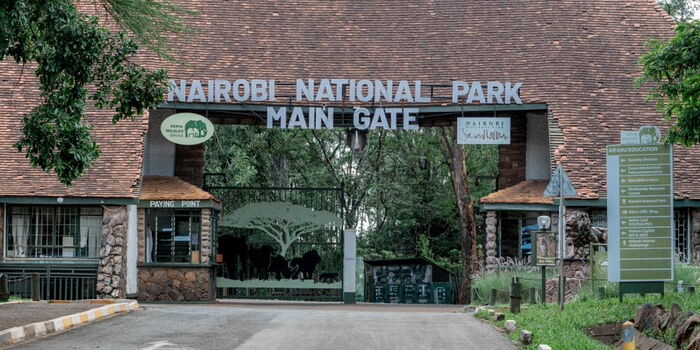Senior citizens, young children, and persons with disabilities could soon visit Kenya’s national parks and reserves without paying entrance fees if new proposals by the Kenya Wildlife Service (KWS) are approved.
According to KWS, the plan seeks to grant free entry to citizens aged 70 years and above, children under five years, and individuals living with disabilities.
The move is also set to benefit workers in the tourism industry such as guides, porters, boat crews, and tour leaders, who play an important role in supporting the country’s tourism sector.
The proposals are contained in the draft Wildlife Conservation and Management (Access and Conservation Fees) Regulations, 2025, which were presented during a stakeholder validation forum held in Nairobi this week.
In a statement, KWS explained that this draft is the second version of the regulations and has been shaped by views collected from 20 different counties during earlier public participation forums.
Feedback is still being gathered through written submissions and online platforms before the document is finalised and eventually presented to Parliament for approval.
Beyond the exemptions, KWS has also suggested several changes to improve access and enhance visitor experiences. For instance, the draft recommends introducing a standard marine park entry fee of Ksh 3,220 (about USD 25) for non-resident tourists.
There are also plans for community-led bicycle rental services, which would give local communities more opportunities to benefit directly from tourism.
In addition, the regulations propose discounted travel packages for destinations such as Tsavo–Amboseli and Nairobi, along with new incentives for Meetings, Incentives, Conferences, and Exhibitions (MICE), an area of tourism that continues to grow in Kenya.
To diversify the safari experience, KWS is also looking at expanding visitor activities. Some of the proposed experiences include night game drives, walking safaris, and balloon safaris, which are expected to make Kenya’s parks more attractive to both local and international tourists.
KWS has emphasised that the money collected from these changes will not only go into improving visitor services but will also be used to fund community development projects and to strengthen conservation efforts aimed at protecting Kenya’s unique wildlife.
This marks the first major review of conservation fees in nearly two decades. The agency noted that the changes are long overdue, as Kenya currently faces an annual funding shortfall of about Ksh 12 billion in conservation.
The proposed regulations would therefore increase park entry fees by between 30 and 70 per cent, depending on the type of park and the category of visitor.
By making these adjustments, KWS hopes to balance financial sustainability with affordability, ensuring that parks remain accessible to Kenyans while also generating enough revenue to protect the country’s natural heritage.
If the regulations are passed, the new fee structure is expected to take effect in early 2026. KWS says the framework is designed to safeguard wildlife for future generations, support surrounding communities, and at the same time elevate the overall safari experience for both local and foreign visitors.
Join Government Official WhatsApp Channel To Stay Updated On time
https://whatsapp.com/channel/0029VaWT5gSGufImU8R0DO30


